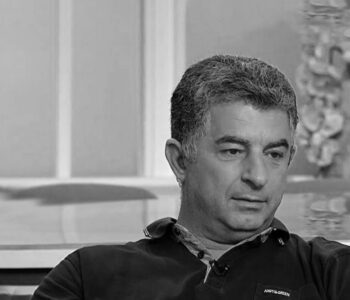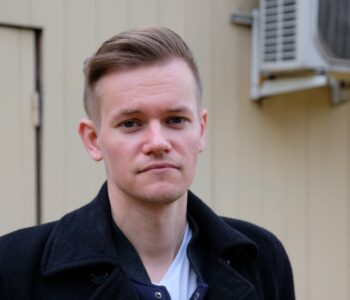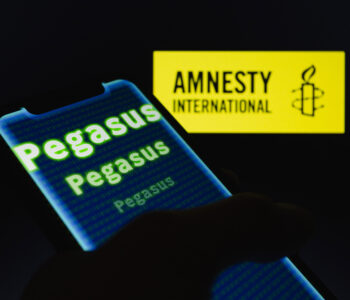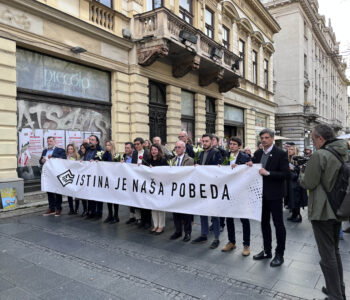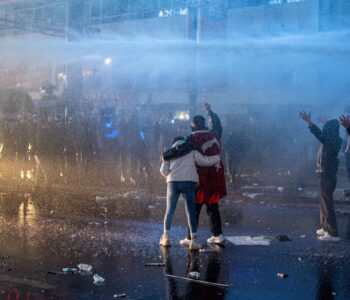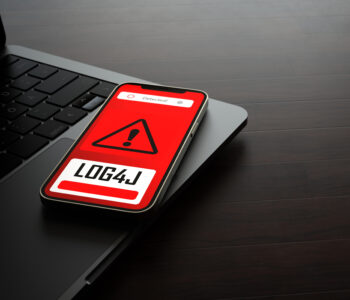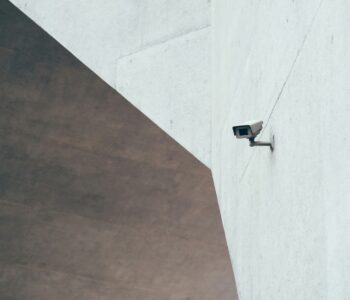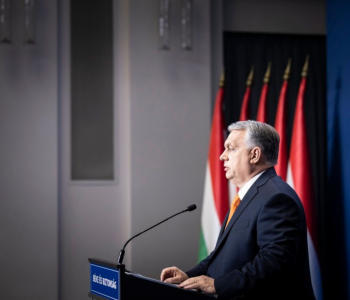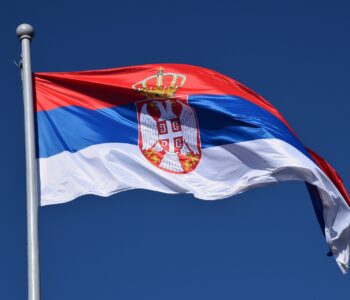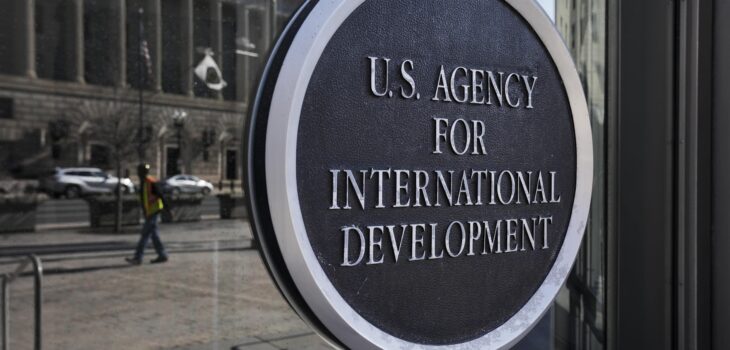
USAID suspension in BiH, a hard blow to media and civil society
The suspension of the US government’s international aid programmes, one of the first decisions taken by Donald Trump after taking office, has triggered a wave of uncertainty around the world, and Bosnia and Herzegovina is no exception.
By Darko Kurić
The aid freeze wanted by Trump also concerns the United States Agency for International Development (USAID), which in the last four years has allocated 1.7 billion dollars to the Western Balkan countries, including over 400 million destined for Bosnia and Herzegovina.
According to the data released in 2024 by the US Embassy in Sarajevo, since 1995 the United States has invested approximately two billion dollars in Bosnia and Herzegovina. In 2024 alone, the funding destined for Bosnia and Herzegovina amounted to approximately 40 million dollars, and in previous years it was almost even higher figures.
A significant part of these resources has been directed to support independent and investigative media and projects to combat corruption. The suspension of US foreign aid could have long-term negative consequences, compromising the protection of vulnerable groups, the development of investigative journalism and the fight against corruption.
NGOs and the media
In Bosnia and Herzegovina, several media and civil society organisations have suspended projects and activities that were previously supported by USAID funds.
Two large Internews programmes and one by the Centre for the Promotion of Civil Society (CPCD) designed to support local media across Bosnia and Herzegovina have been put on hold. Many ongoing or planned projects to fight corruption and support investigative journalism, areas in which USAID has invested large sums of money in Bosnia and Herzegovina, as well as in other countries in the region, are also at risk.
Some media organisations are funded entirely or partly by USAID funds. Others, such as the Balkan Investigative Reporting Network BiH (BIRN BiH), are in a more favourable situation because, in addition to USAID-funded projects, they also rely on other sources of funding.
Many other media, especially local and independent ones, face a more complex situation. According to information provided to OBCT by media representatives and trade associations, several media outlets are unable to pay their employees their February salaries, and some are even forced to give up accounting and IT support services.
Investigative journalism is particularly affected, as it is difficult for newsrooms to compensate for the loss of investigative journalists.
Experts warn that the financial limbo caused by the US aid freeze threatens objective and critical journalism and could pave the way for biased media, toxic narratives and disinformation. There are fears that this vacuum could be filled by financial interventions by other powers, such as China and Russia.
The Bosnian-Herzegovinian media are already looking for alternative sources of funding, looking to the EU, international organisations operating in BiH and embassies of Western countries. The goal is to ensure the resources needed to cover essential expenses in order to overcome the period of uncertainty – caused by the decision of the new US administration to block foreign aid for three months – and to limit the negative effects on independent and investigative journalism.
Poorly protected by the state, vulnerable categories in Bosnia and Herzegovina depend largely on international aid. US funding has provided fundamental support to all those entities that the Bosnian-Herzegovinian authorities have never supported as a common good due to a lack of resources, understanding or political will. Consider, for example, large infrastructure projects, human rights organisations and those for the protection of vulnerable categories, shelters, etc.
The Mensana association, which provides support to people with mental disorders and intellectual disabilities, based in Sarajevo, is one of the many entities that have been forced to suspend their activities. Menssana announced on its Facebook profile that, due to the suspension of USAID funding, it is forced to close the day rehabilitation centre, where assistance was provided daily to more than eighty beneficiaries.
Many non-governmental organisations in BiH are experiencing a moment of great uncertainty and are still undecided on what to do. If this situation were to continue, NGOs could be forced to lay off workers or even shut down.
The mirage of public intervention
In BiH, power bodies at all levels have never shown interest in investing in common goods, such as investigative journalism. Indeed, it seems that all the governments that have succeeded one another over the last thirty years have been united by the propensity to attack journalists and the media, especially those who express criticism and denounce corruption. A propensity that manifests itself in various ways, from verbal attacks to the use of various repression mechanisms.
In the past, independent media have relied mainly on donations from other countries and international organisations, also because Bosnian-Herzegovinian institutions have almost always favoured aligned media in the allocation of state subsidies.
It is not to be expected that this practice will be abandoned. In fact, nothing suggests that the government will decide to support NGOs and media at risk.
What is causing further concern is the fact that some high-ranking Bosnian-Herzegovinian officials do not hide their satisfaction with Trump’s decision to suspend international aid.
Milorad Dodik, president of Republika Srpska, has stated that in BiH USAID has spent about 800 million marks (400 million Euros) to destabilise the country, including by giving bribes. Dodik accused the US agency of using financial resources to rig elections in BiH.
The president of Srpska announced an investigation to establish “what they did and what transfers they used, who they gave the money to and for what”, insisting on the need to clarify the matter at the BiH level because most of the USAID funds were used for illegal and criminal activities.
This rhetoric is in stark contrast to that of previous years, when Dodik had praised the US agency. In addition to civil society, USAID has also significantly supported Bosnian and Herzegovinian institutions, funding several reform projects at all levels of government, including Republika Srpska.
The suspension of US aid has further encouraged Dodik to revive the proposal for a law on the special register and transparency of the work of non-profit organisations, colloquially known as the “law on foreign agents”.
The legislative proposal was withdrawn last year following widespread criticism from local and international organisations that denounced an attack on civil society and freedom of expression.
During its session on February 6, the government of Republika Srpska approved the bill, which should now be included in the agenda of the RS People’s Assembly.
This is not a new phenomenon, it is the latest chapter in a long campaign of repression against independent media, NGOs and all dissenting voices, especially in Republika Srpska.
Among the Bosnian-Herzegovinian officials who welcomed the blocking of American aid, the name stands out of Staša Košarac, Minister of Foreign Trade and Economic Relations of BiH and member of the SNSD, who in recent years had collaborated with and asked for help from USAID.
Another paradigmatic example is Fadil Novalić, former prime minister of the Federation of BiH, who is serving a four-year prison sentence for the so-called “respirator scandal”.
On his Facebook page, Novalić expressed satisfaction with the announcement of the closure of USAID, calling it “a criminal organisation” that, according to the former minister, played a crucial role in orchestrating the criminal proceedings against him.
Similar discourses have been fuelled by numerous media outlets close to those parties that are celebrating the blocking of USAID. Thus, Alternativna TV, blacklisted by the United States because of its ties to Dodik and the SNSD, reported that funding has been suspended for organisations and media outlets that have tried to “sell out” and “hit” Republika Srpska.

